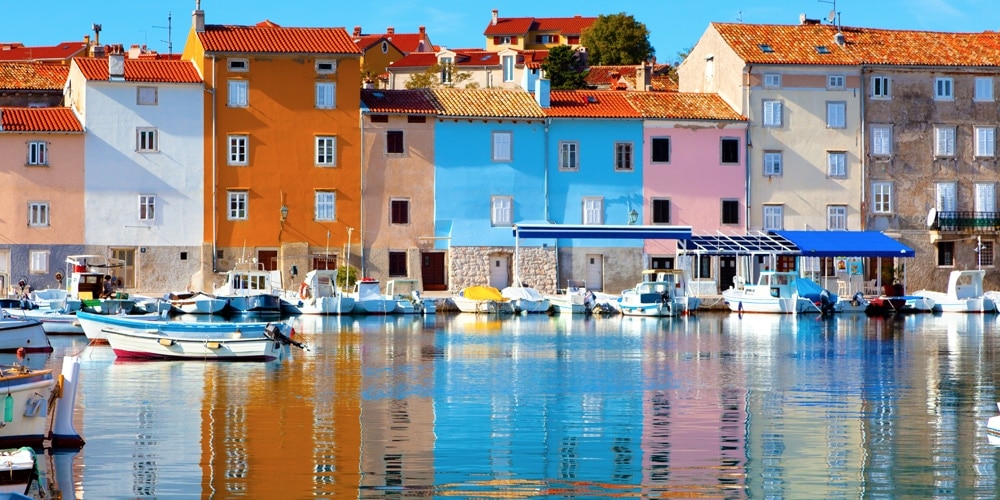
Young Seventh-day Adventists from Croatia found a more rewarding way to spend their recent winter holidays. After meeting Tihomir Lipohar, Adventist Development and Relief Agency (ADRA) director for Greece, they volunteered at a refugee camp in Katerini, just south of Thessaloniki, Greece, from December 26, 2016 through January 8 of this year.
“Our young people showed great desire, imagination, and spirit, and did their best to make the afternoons and the evenings as interesting as possible”
The Adventist high school in Maruševec, Croatia, has a long history of co-operating with ADRA, and participating in humanitarian work. Working together with the Youth Ministries department of the Adriatic Union, a small group of students and three staff chose to leave behind family, friends, and holiday cheer and exchange it, with some anxiety, for a refugee camp.
Sunny weather and pleasant 68° Fahrenheit (20° Celsius) weather warmed the young people as they spent the first day with the Greek army personnel who manage the camp. Apart from the tour, most of the day was spent in organizing, with meetings, introductions, and conversations.
They did meet other volunteers — among them Ana Josipović, a worker with ADRA Greece. Together with Lipohar she took charge of the Croatian youth’s stay and activities. The following days passed quickly, meeting the refugees, organizing workshops and day care activities, and starting work on refurbishing their community room.
Both children and adults from the camp happily joined the efforts.
Youth painted the walls, arranged special space for day care, and, with the help of the children, decorated it. Both children and adults from the camp happily joined the efforts. Some of them surprised the teens with their talents. The rest of the space was turned into a small kitchen, a laundry room, and a living room with a TV set.
Most of the refugees are from Syria and have now been living in tents for over a year—in addition to their trying and often dangerous journey to Greece which, for some, lasted several months. Syrians are usually convivial, but the ones in this camp had, at least to a degree, lost that quality. Living in tents has reduced their status to one of mere survival. However, as the days passed, the volunteers were happy to see more and more people coming to the community room and regaining some of their spirit.
Once the decorating was complete, the youth started to organize some activities. This meant that the children and the young people without parents could spend their free time in a more creative fashion. Some old social games played in Croatia a long time ago suddenly became useful again, and fun.
The youth also discovered how language can be an obstacle to playing even the most simple games. “Our young people showed great desire, imagination, and spirit, and did their best to make the afternoons and the evenings as interesting as possible,” one of the leaders commented.
As youth and refugees spent more time together, the community room gradually got more crowded with men and their wives. New friendships were made and the youth heard a number of sad stories about getaways, destroyed homes, lost family members, and separations from spouses and children. These reports were in stark contrast to the lives of even the poorest Adventist youth on the trip. It gave a new meaning to thankfulness and dependence on God.
In addition to providing for their material needs, the primary aim of ADRA in Greece is to try to improve the quality of life among the refugees. This is specifically important in endeavoring to improve the quality of their free time, social life, and in reinvigorating social skills. The volunteers work aimed to help in these areas.
The youth were especially moved by their last night at the camp. They arrived at the community room to find a strange commotion in progress. They soon discovered that the whole camp was preparing a special dinner for them as a sign of gratitude for all they had done.
The refugees baked around 150 traditional Syrian loaves, made chickpea falafel, and then served it with their traditional and delicious spices, gravies, and fillings. Many of them worked for hours just to prepare this treat. “Our hearts were filled with joy,” one youth responded. “They reminded us of the story of the poor widow in the temple who gave away everything she had. In the same way our friends from the camp gave everything they had just to show their gratitude.”